Dealing with a Pest Problem? Here’s What Local Homeowners Should Know
Pest infestations are more than just a nuisance. They’re a threat to your property, your peace of mind, and in some cases, even your health. Whether it’s strange noises in the attic or droppings behind the fridge, the telltale signs of a pest problem can escalate quickly. Knowing how to identify and address these issues is essential to keeping your home safe.
The Most Common Pests in Local Arkansas Homes
Local homeowners deal with a wide range of pests. Some of the most common include:
- Rodents: Mice and rats often invade homes in search of food and shelter. Look for gnaw marks, droppings, or signs of nesting in your attic or walls.
- Termites: These silent destroyers feed on wood, compromising the structural integrity of your house.
- Carpenter Ants: Unlike termites, these ants don’t eat wood but burrow through it, causing serious damage over time.
- Bed Bugs: These small, elusive insects can hitchhike into your home on clothing or luggage. Bites and itchy welts are often the first signs.
- Other Pests: Mosquitoes, spiders, ticks, and many insects thrive in yards and can easily make their way inside.
Each infestation requires a different approach and efficient treatments often start with correctly identifying the type of bug or rodent involved.
Telltale Signs of an Infestation
It’s not always easy to determine whether you’re dealing with a full-blown pest infestation or just a few stray bugs. Here are some red flags:
- Strange noises in the walls or ceiling, especially at night
- Droppings in cupboards, drawers, or along baseboards
- Damaged wood, especially around windows or doors
- Live or dead insects in large numbers
- Unexplained bite marks or skin irritation (possible sign of bed bugs or fleas)
Why Local Pest Control Matters
Hiring a local pest control company ensures technicians are familiar with the specific challenges homeowners face in your area. Local teams understand how seasonal changes, climate, and geography affect pest behavior, and they’re equipped with methods tailored to local conditions.
Plus, local pest control services often emphasize a customized plan that takes your home’s layout, your family (including pets), and your lifestyle into account.
Steps to Take When You Suspect an Infestation
- Verify the Problem: Carefully inspect your home or yard to identify signs of pests. If you’re unsure, a professional inspection can help determine the source and extent.
- Avoid DIY Traps: While store-bought treatments might offer temporary relief, they rarely eliminate the root of the problem.
- Make the First Call: Contact a licensed exterminator who can develop a treatment strategy. Many companies offer a free estimate with no commitment.
- Protect Your Space: A good pest control team won’t just eliminate the current issue—they’ll also advise you on how to prevent future infestations.
- Consider a Re-Treat Plan: In some cases, follow-up treatments may be necessary, especially with stubborn pests like termites or bed bugs.
Frequently Asked Questions
Q: Are pest control treatments safe for my pets?
Yes, modern pest control methods are designed to be safe around pets and children when applied properly by a trained technician.
Q: How can I prevent pests from returning?
Keeping food sealed, sealing cracks, and maintaining a clean yard are good practices. A pest control company can also offer ongoing home services and prevention tips.
Q: What if I still see bugs after treatment?
It’s not uncommon to see increased activity as pests are driven out of hiding. A reputable service often includes a guarantee or retreatment policy to ensure complete elimination.
Flex Pest Control
Whether you’re dealing with a sudden invasion or you simply want to keep your home pest-free year-round, being proactive is key. From termites in the walls to ants in the pantry, pests don’t belong in your house—and you don’t have to face them alone.
Need peace of mind? Start by learning the signs, exploring your options, and choosing a plan that protects your family, your pets, and your property.




